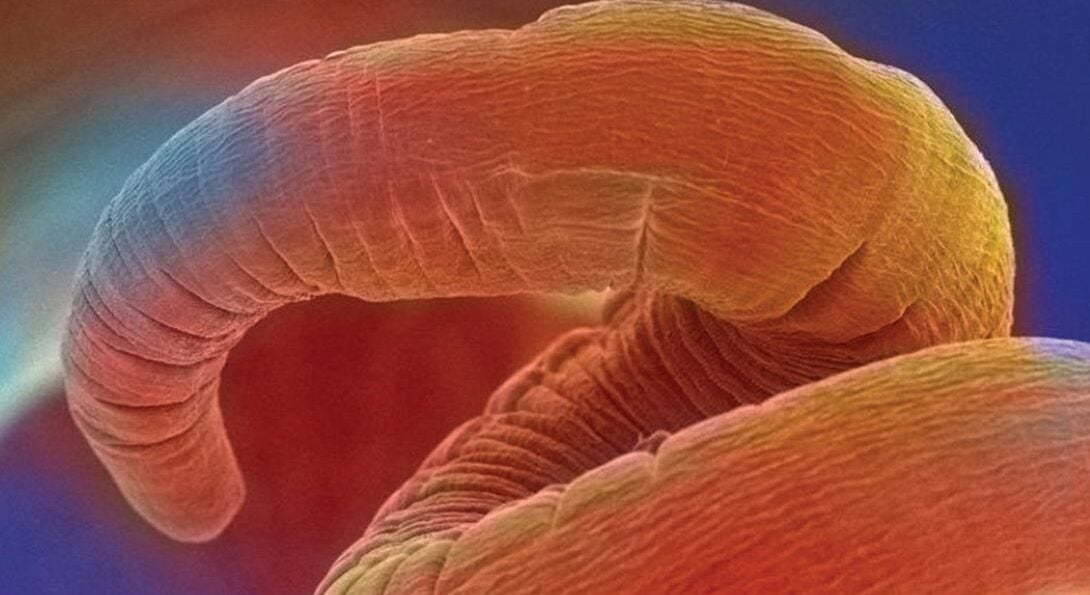$2.4 million grant to move lymphatic filariasis vaccine closer to human clinical trials

A vaccine being developed by Rockford researchers to protect millions of people at risk for a debilitating mosquito-borne disease is moving closer to becoming available thanks to a three-year grant totaling $2.4 million from the National Institutes of Health.
Ramaswamy Kalyanasundaram, DVM, PhD, professor and head of the University of Illinois College of Medicine Rockford Department of Biomedical Sciences, and his collaborator PAI Life Sciences of Seattle received the three-year NIH Small Business Innovation Research Phase IIB grant. The grant will allow completion of pre-Investigative New Drug studies in order to obtain Food and Drug Administration approval to start the human clinical trial of the first human lymphatic filariasis vaccine.
Lymphatic filariasis is a mosquito-transmitted, neglected tropical disease caused by three filarial parasites that reside in the lymphatic system causing lymph edema and hydrocele. According to the Centers for Disease Control, lymphatic filariasis is a leading cause of permanent disability worldwide. Communities frequently shun and reject women and men disfigured by the disease. Affected people frequently are unable to work because of their disability, and this harms their families and their communities.
According to the World Health Organization, over 51 million people are currently infected and another 882 million people in 44 countries are at risk of acquiring the infection -- so an effective control strategy such as a vaccine is needed.
“I’ve had several postdoctoral research associates and graduate students work on the project over the past 20 years,” says Dr. Ramaswamy. “All of our work is finally coming to fruition.”
Dr. Ramaswamy was named University of Illinois Chicago Inventor of the Year in 2020 and became the Michael L. and Susan M. Glasser Professor of Rural Health Professions Education and Research in 2023.
Research reported in this publication was supported by the National Institute of Allergy and Infectious Diseases of the National Institutes of Health under Award Number R44AI140708. The content is solely the responsibility of the authors and does not necessarily represent the official views of the National Institutes of Health.